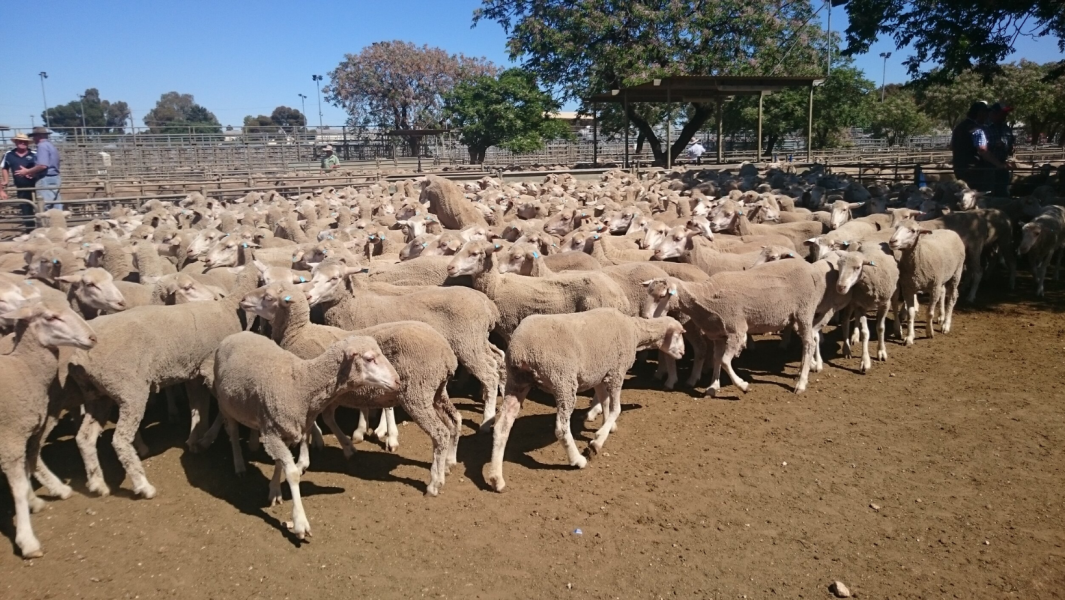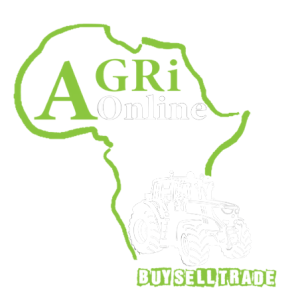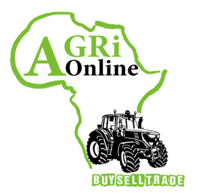Archives
- Home
- News
- Posts
- Agri Orbit
- Rising risk of FMD infection in Western Cape
Rising risk of FMD infection in Western Cape
- Agri Orbit
-
Jul 18
- Share post

Cases of foot-and-mouth disease (FMD) have been reported in the Free State, Limpopo and Gauteng. New cases are still being reported in North West and KwaZulu-Natal. This follows on the movement of animals from the control area bordering the Kruger National Park and after infected animals were sold at auctions.
Foot-and-mouth disease is a highly contagious viral disease of cloven-hoofed animals such as cattle, sheep, goats and pigs. The current outbreak is currently only found in cattle and buffalo (in the northern part of KwaZulu-Natal). The disease has an incubation period of up to two weeks from the time the animal is infected until it shows clinical signs. During this period, animals appear normal and healthy and if they are moved, the disease spreads with the animals. Auctions create high risk opportunities for animals from different origins to gather, mix, and move to new locations where they can introduce the disease contracted from infected animals at the auction.
Foot-and-mouth disease is a government-controlled disease because it spreads so easily and because of its major impact on the country’s economy. Animals lose weight and refuse to eat and South Africa cannot export animals and animal products to countries that are free of foot-and-mouth disease.
If the disease is diagnosed on a farm, the farm and neighbouring farms are immediately placed under quarantine to stop animals and people spreading the disease. In addition, tests are done to determine how far the disease has already spread. All efforts must be made to prevent further spread and the simplest method is sometimes to slaughter infected herds.
Western Cape remains FMD free
The Western Cape is currently still free of foot-and-mouth disease and measures are being put in place to maintain its free status. All livestock owners are called upon to purchase livestock only from reliable sources and preferably not from affected provinces. Furthermore, it is highly recommended that a certificate from a private veterinarian accompanies purchased animals.
The veterinarian should indicate that the disease does not occur in the area of origin and that the animals being moved are clinically healthy. Animals must then be kept isolated at the destination for a period of at least four weeks and watched closely for signs of illness before mixing with the rest of the herd. Buying animals at an auction remains a big risk and is not recommended.
If everyone works together and handles the movement of animals responsibly, we can prevent the disease from entering the Western Cape and the severe financial losses that come with it. For further information, contact your nearest state veterinarian at https://www.elsenburg.com/veterinary-services/animal-health-and-disease-control/





